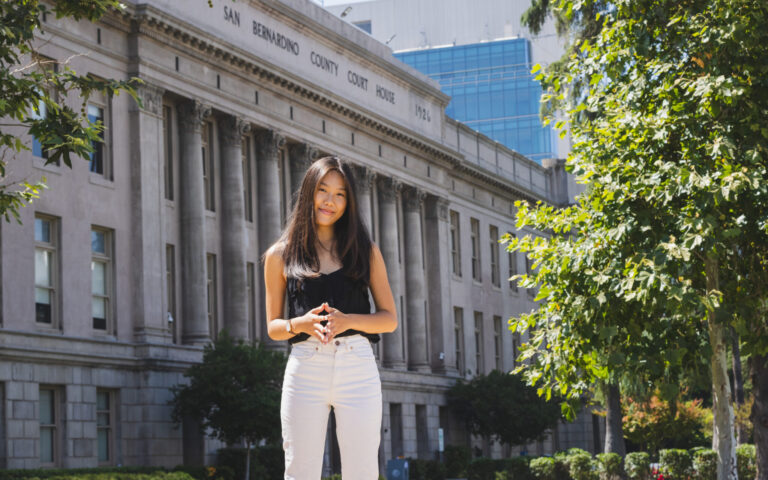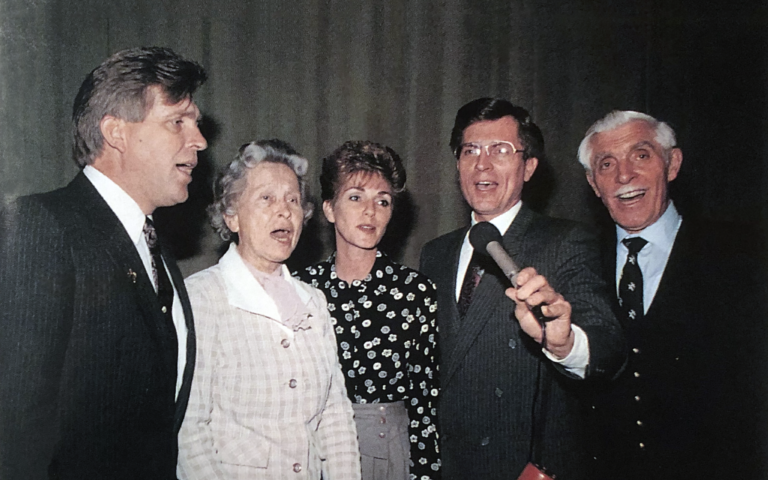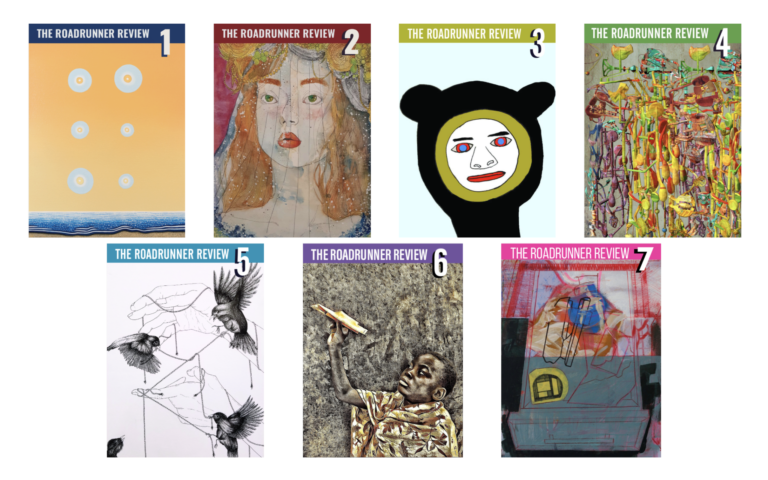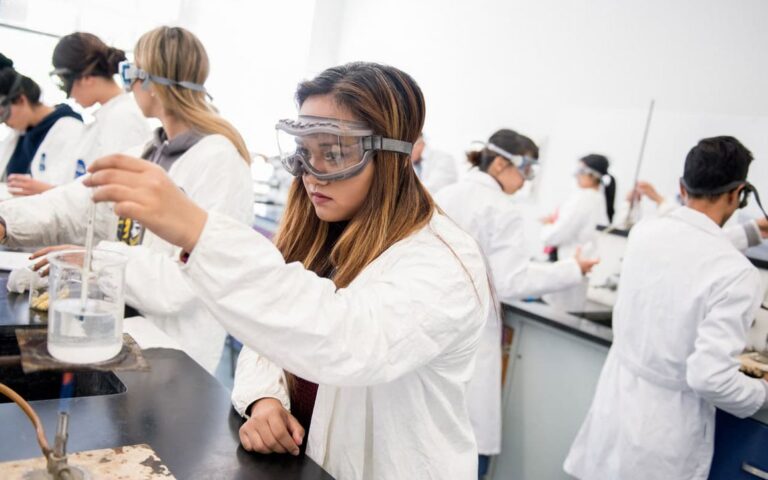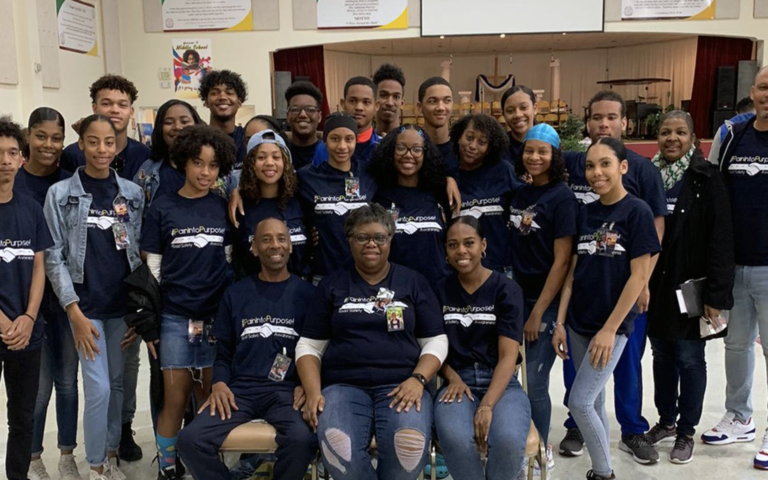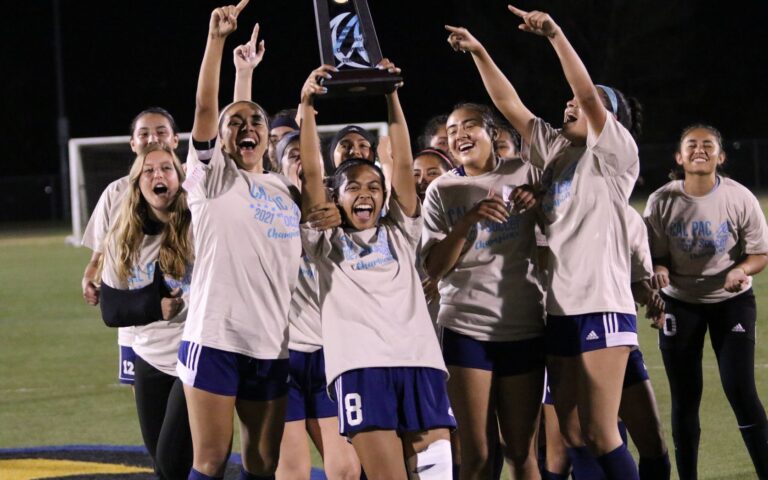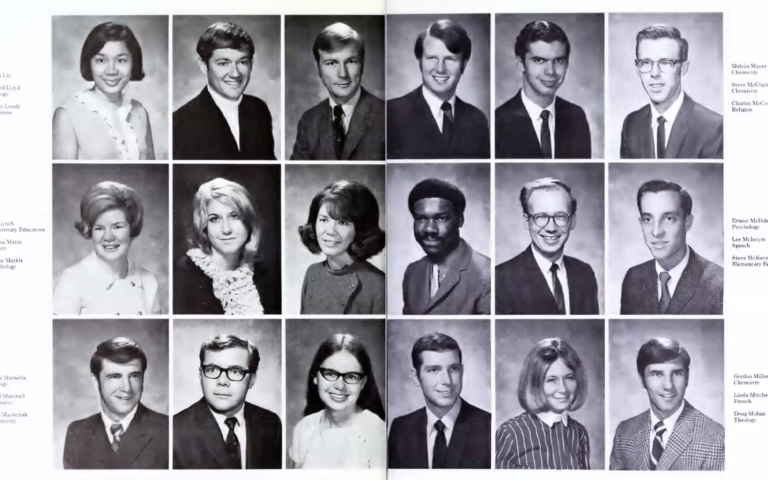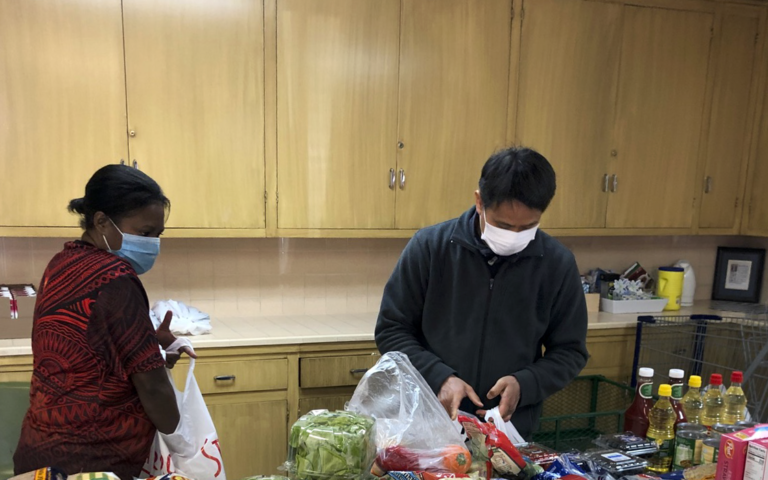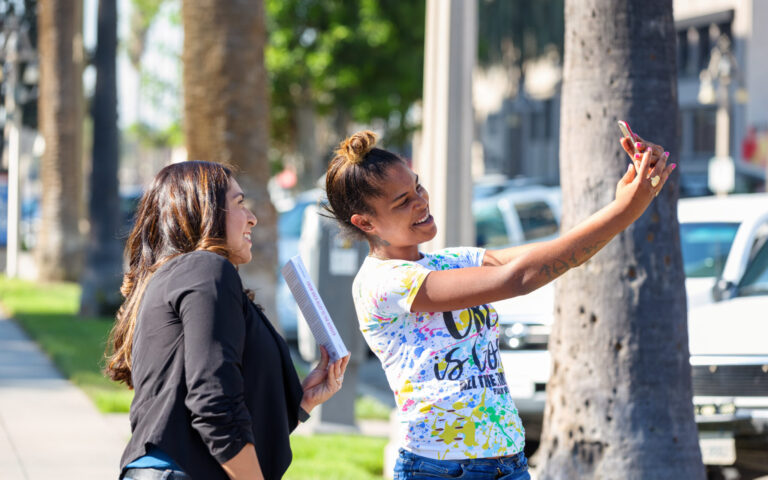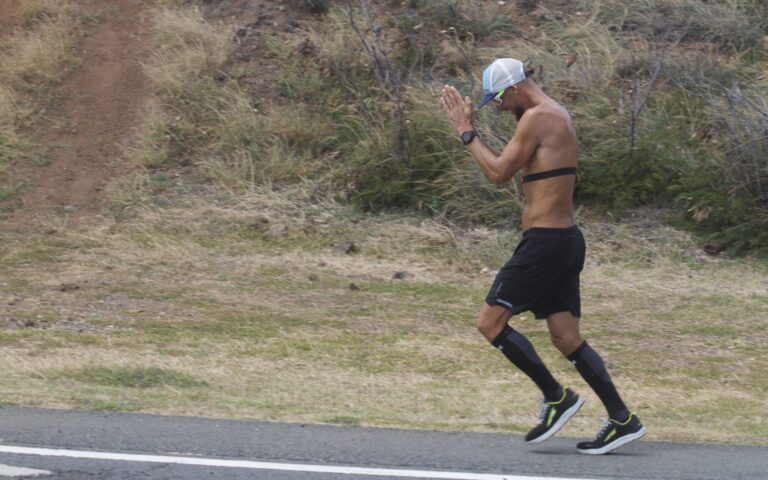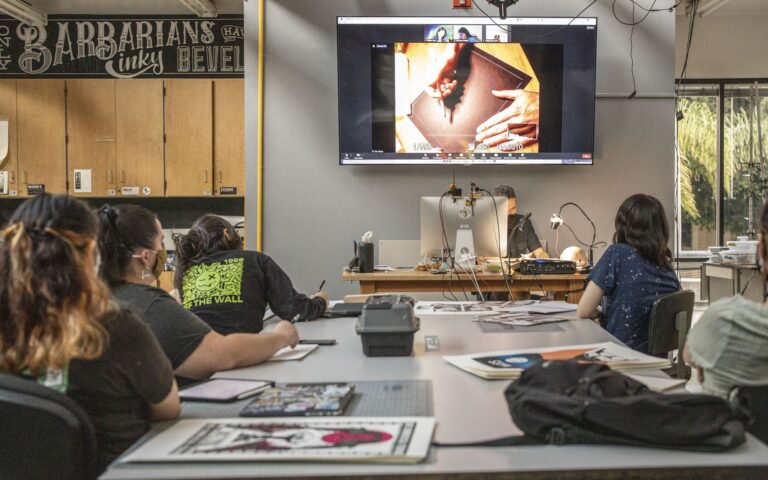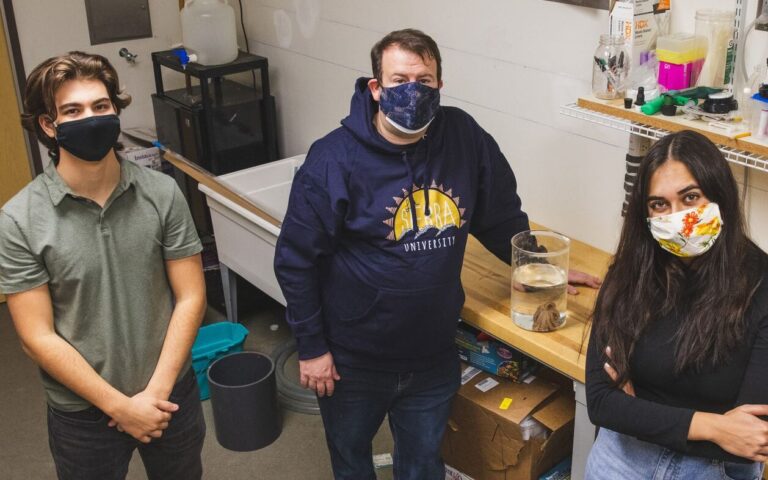by Scott Steward
You’ve just witnessed a crime. You know what you saw. Three other people saw it too.
Each of their observations and memories vary. Some slightly, others wildly. What could be the impact on the resulting court case and conviction?
“Along with DNA evidence, eyewitness testimonies are considered strong determinants in legal cases even when misidentification is the main cause for wrongful convictions,” says La Sierra senior Kandavan Thong. “Human memory is inevitably fragile yet remains as valuable evidence, even as certainty or confidence levels are tested.”
Kandavan is an Honors Program Neuroscience major on a mission to bring awareness to the fragility of human memory in eyewitness reports used in a legal system so heavily dependent on them. Her research is being conducted under La Sierra psychology professor Dr. In-Kyeong Kim.
“Human memory is malleable and influenced by a host of contextual variables. Memories can be tainted, even corrupted, and probably shouldn’t have as much influence in court when compared with factual evidence,” she confesses.
Kandavan, born in Cambodia, grew up in Loma Linda from age two. She graduated high school with honors two years early but found it hard to get into a university. That is, until she applied to La Sierra. Raised Seventh-day Adventist, the biblical themes of truth and justice underpin some of her drive to alert the criminal justice system of the shortcomings of eyewitness reports.
“There are so many influences—auditory, visual, social pressure, stress, anxiety—and each has an effect on an eyewitness’ testimony,” she explains. “We need more accuracy for fewer bad court convictions.”
“Every day we are exposed to a lot of information through social media on our cellphones,” Kandavan says. “We talk about it with other people. Is it possible that our memory could have been distorted after talking with people who may have had a differing observation of an event?”
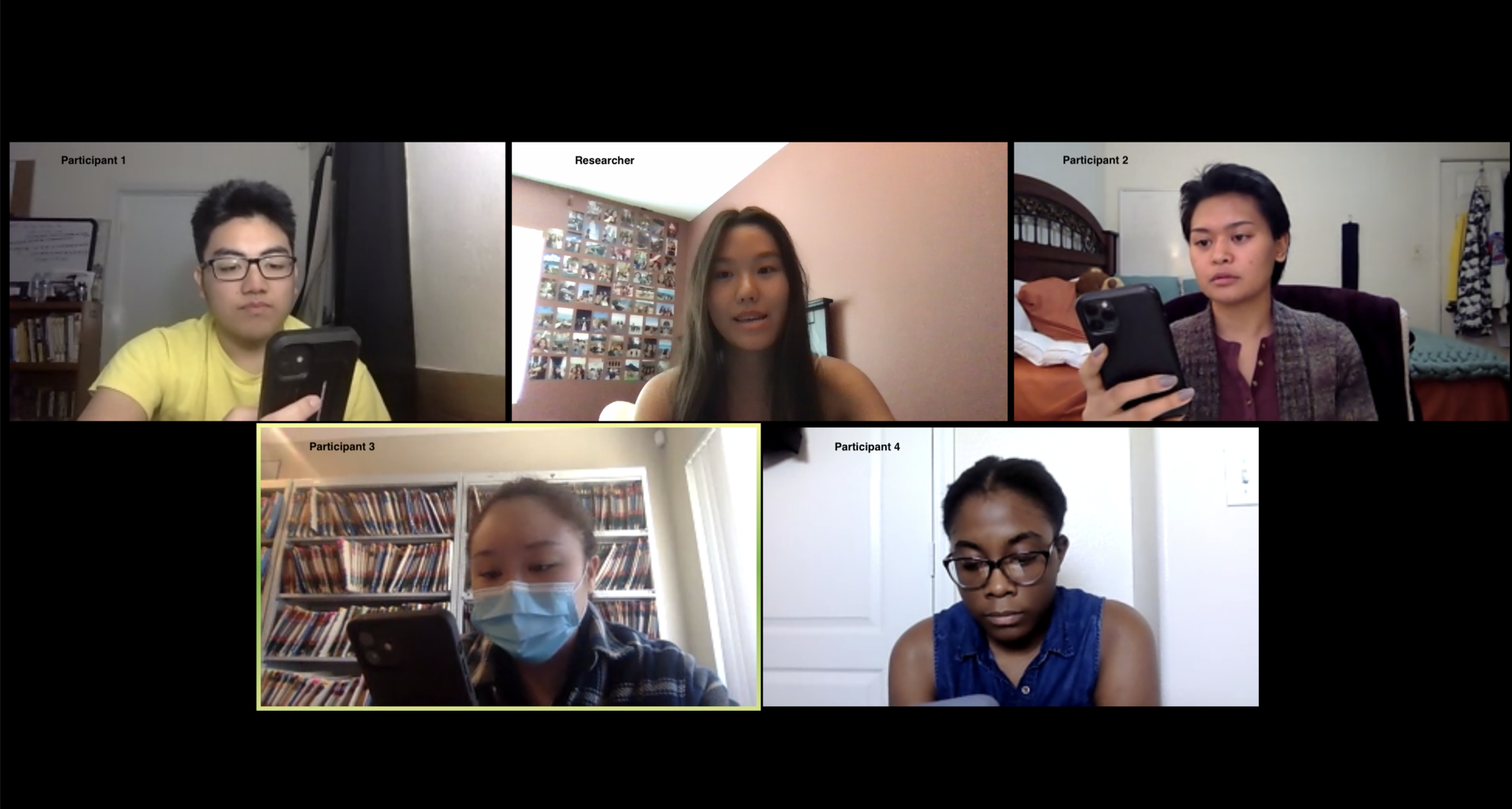
Kandavan conducted studies for her research over Zoom to test the memory accuracy of individuals.
She admits that she never pictured herself working in this area, “or learning so many details about the judicial system. I came at this from a psychology and biology perspective, but Dr. Kim’s research opened my eyes and sparked my attention toward neuroscience.”
Ultimately, Kandavan has her eyes on med school and eventually to provide awareness to the shortcomings of healthcare in third world countries, and to provide more accessible care to those who need it in developing areas.
Kandavan’s recent work for her Honors project included a general conformity study with cognitive and social factors which “tests memory accuracy of individuals under group pressure without confederates.” One participant (a minority) and three participants (the majority) viewed slightly different images on a 3D TV with dual play VR glasses that presented slight variables to each viewer. Participants then publicly answered questions about what they observed. Three days later, participants answered the same questions individually.
Both times, the answers of the minority significantly conformed to those of the majority revealing the possibility of cognitive “overwriting” or memory alteration, even when tested alone—possibly producing coexisting memories of both their original perception as well as that of their peers.
Cue The Twilight Zone music and announcer’s voice: “Imagine if you will, a world in which you think you know what you saw…but don’t. It couldn’t be further from the truth…or could it?”
Overly dramatic? Maybe. But that’s where Kandavan’s research is taking her, and possibly the entire criminal justice system as we know it.

